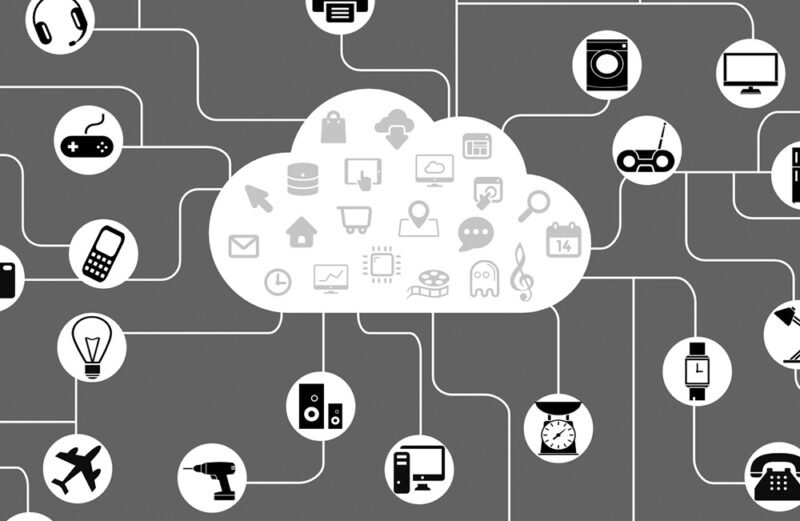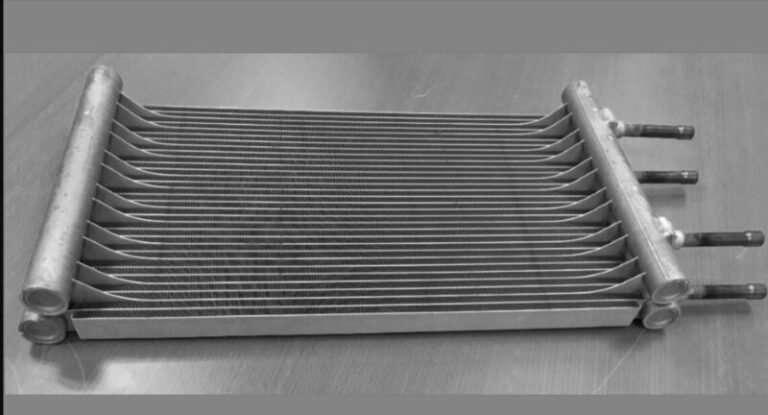When the internet was still taking its baby steps, many would have thought the applications would be limited to just surfing some web pages. Fast forward to some years later and the internet has found applications in nearly all, if not all, aspects of human life.
As at the time of this writing, we can now do so much more online – order food, make transactions, meet people, etc. On top of that, the internet has made it even possible for a unit as small as a home to operate a system of connected devices that give updates and actionable information in real time.
Dubbed ‘IoT,’ this technology might just be as dangerous to your privacy as it is useful for everyday life.
The concept of IoT
For those who do not already know, IoT stands for Internet of Things. It is the simple application of the internet in such ways that items which were just ordinary things could now be connected to the internet to better lives.
These specially built items are designed with chips which makes them intelligent, up to the extent of interacting with you. To do so, though, there is a need for an internet connection. That is how they are able to store the data they collect in real time, and then access the data when they need to make decisions.
If you were still looking at this like some futuristic tech, you might be thinking it too far.
From the basic Amazon Alexa speakers to the motion-controlled lights and your TV giving you real-time weather updates, they are more around you than you think.
If it is not a computer (in the major sense of the word) but needs an internet connection to work for you, it’s probably an IoT-enabled piece of tech.
The Security/ Privacy Issues
If you have been following, one thing should have been evident by now – how these ‘things would need the internet to work. To go about that, users will have to set up a connection on which their smart devices will be maintained upon. This is the beauty of the whole process – and that can easily be the flaw too.
Add in the fact that device manufacturers try to make sure their units can be used by all and sundry thus, sacrificing security for usability. Both add up to give unauthorized personnel who knows what they’re doing almost an easy pass to infiltrating your home network.
Speaking of infiltrating, this can happen in a variety of ways.
The hacker could attack the network your units are on itself or target the least secure unit and use that as a conduit into the home. No matter which happens, it puts you in a situation where all the data you transmit on that network leaks to such a hacker.
That will include sensitive login data, privacy information, communications between your units and so on. In no time, such a hacker will be able to successfully impersonate you, hijack your accounts and even your home!
Preventing Smart Devices Attacks
There are a host of ways through which you can secure your home connection better. One of such approaches is by making sure you keep the apps on which your smart devices run up to date.
Developers are always on hand to fix security flaws and quash bugs, hence the updates. It is also good thinking to limit the access of these apps on your phone. A TV app asking you for permission to view your messages, contacts, and media is asking too much. Don’t give it that much power!
The most recommended approach to addressing this issue has to be with the use of a VPN. A good one of these pieces of software will not only tighten the security of your connection but throw hackers off your trail too. Promotion season is fast approaching, if you’re thinking of getting a VPN, find yourself some Cyber Monday deals for VPNs online.
That is in line with how much they are important in ensuring your data is kept safe from anyone snooping around the network in the first place.













